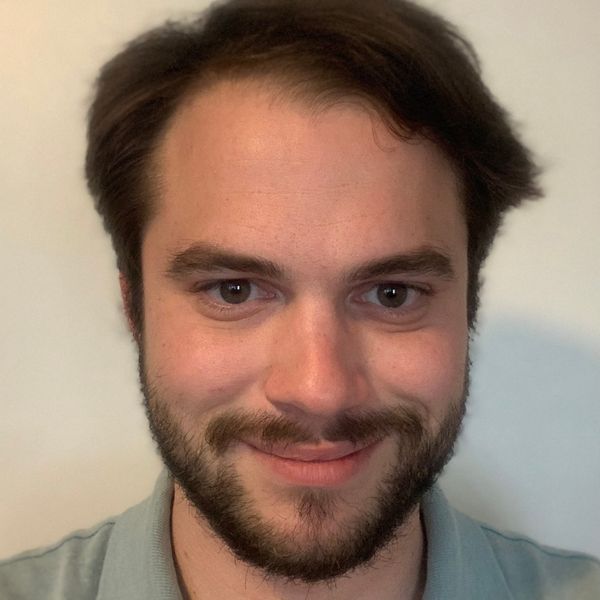
History
“She Forces Nature”: Criminalizing Abortion in Nineteenth Century America
My dissertation looks at the causes and effects of the anti-abortion movement in Reconstruction-era America. The modern anti-abortion movement began in the 1850s, and its greatest legislative victories came during the decades after the Civil War. My work explores the political and cultural trends that shaped and fueled the anti-abortion movement. In the wake of unprecedented death, constitutional changes to citizenship, and new possibilities for equality, the anti-abortion movement popularized a narrative that emphasized the sacredness of life, the immutability of racial characteristics, and the “natural” limits to women’s equality.
The dissertation’s title, “She Forces Nature,” comes from Susan B. Anthony’s only known reference to abortion. After Anthony’s sister-in-law suffered from a botched abortion, she privately wrote in her diary that her sister would “rue the day she forces nature.” Did Anthony mean her sister’s “natural” health or her “natural” duty as a woman? What did it mean to “force nature” in an era when Anthony herself challenged “natural” social hierarchies—not to mention the medical and technological advances that were shaping the natural world at unprecedented pace? “Nature” was a shaky concept that intersected religion, science, and law. My research disentangles these concepts to reveals the ways Victorians’ race, gender, and class biases influenced their changing understanding of the human being.